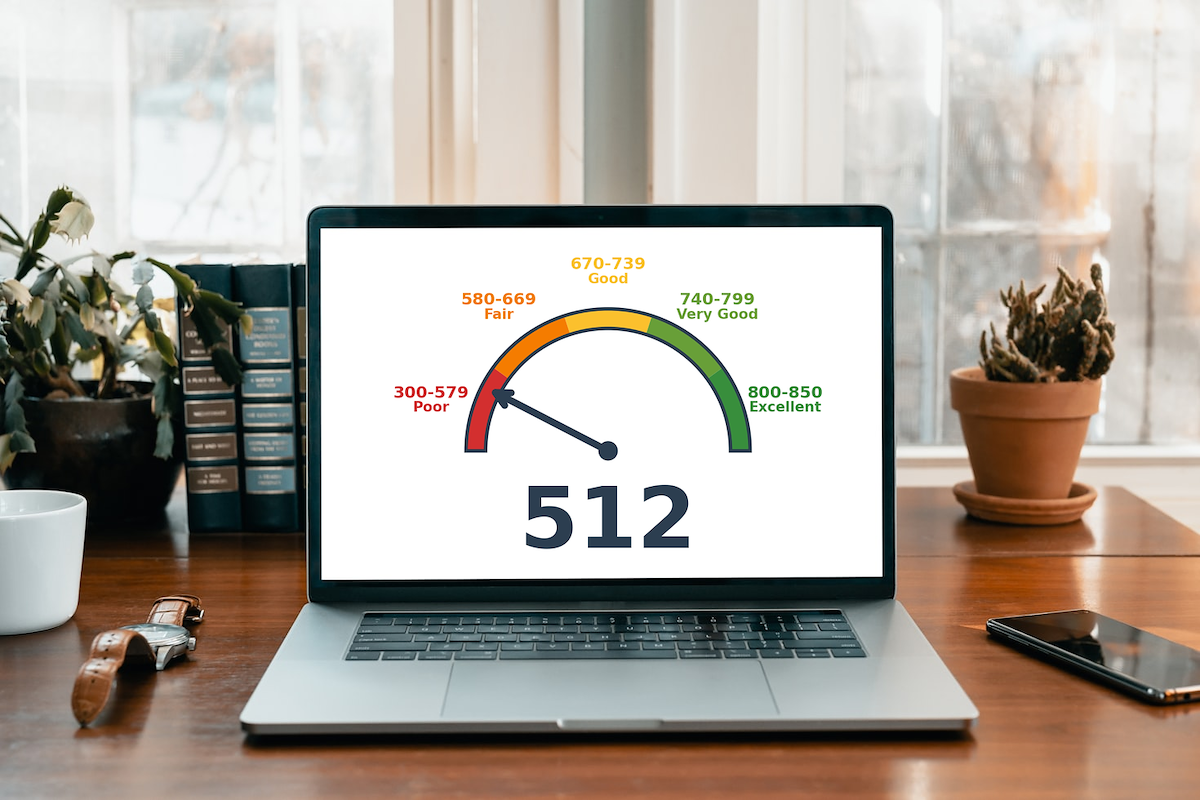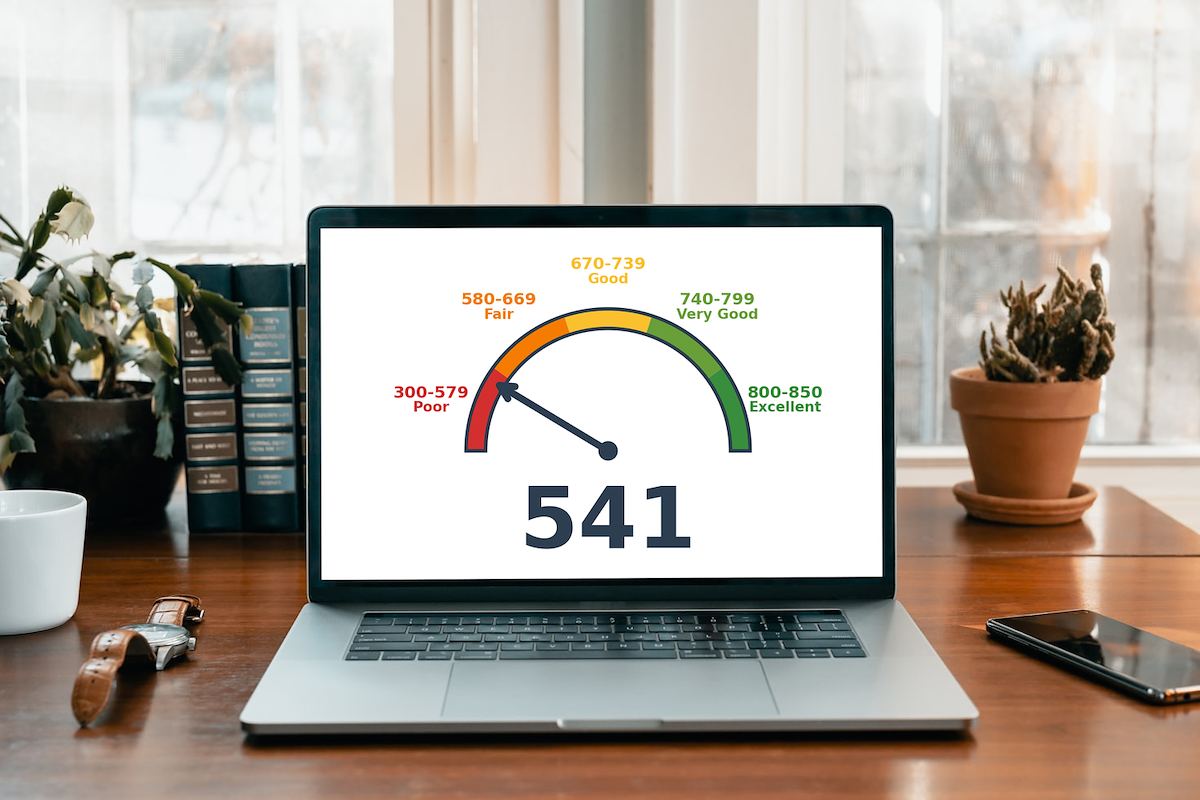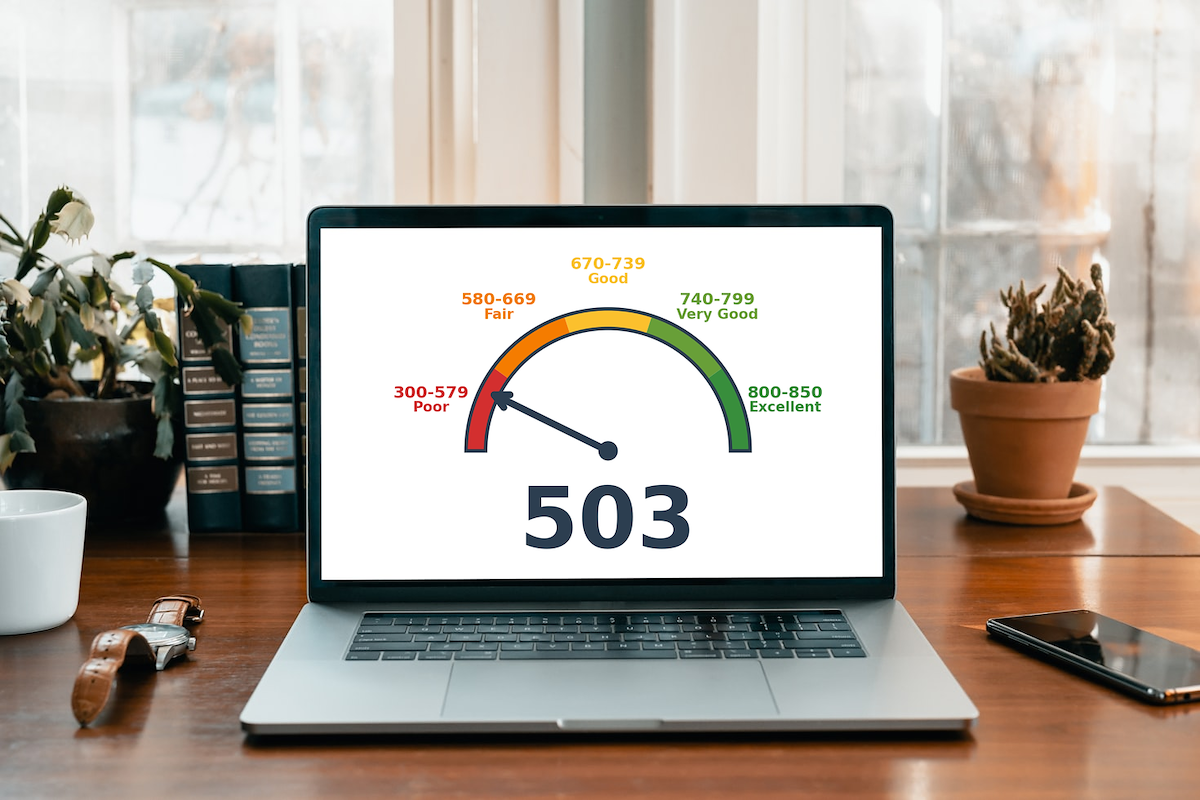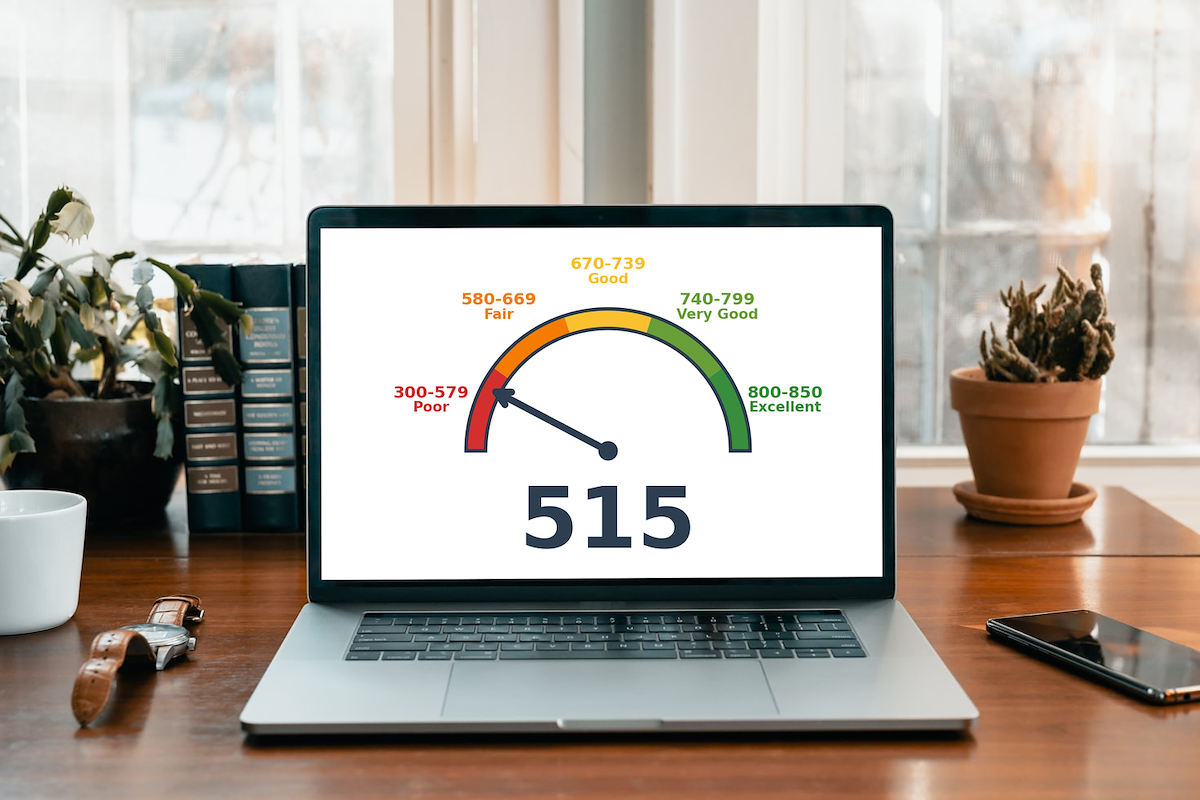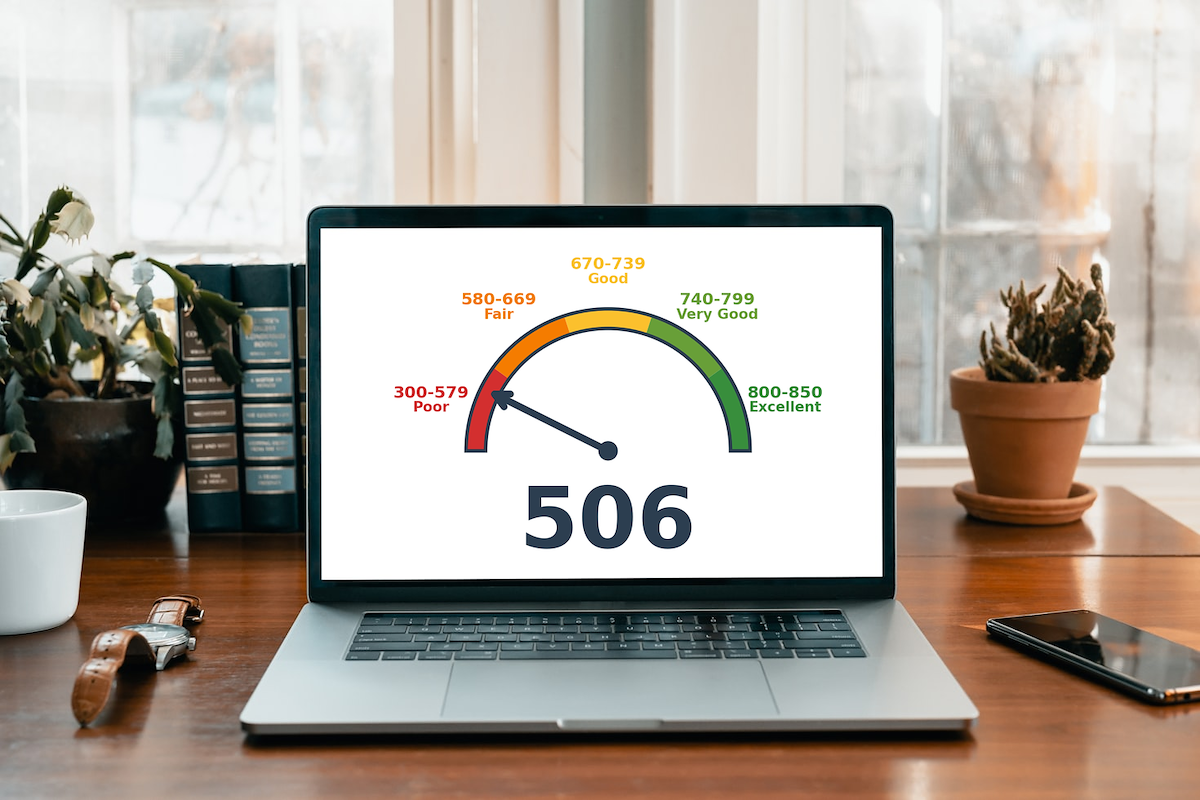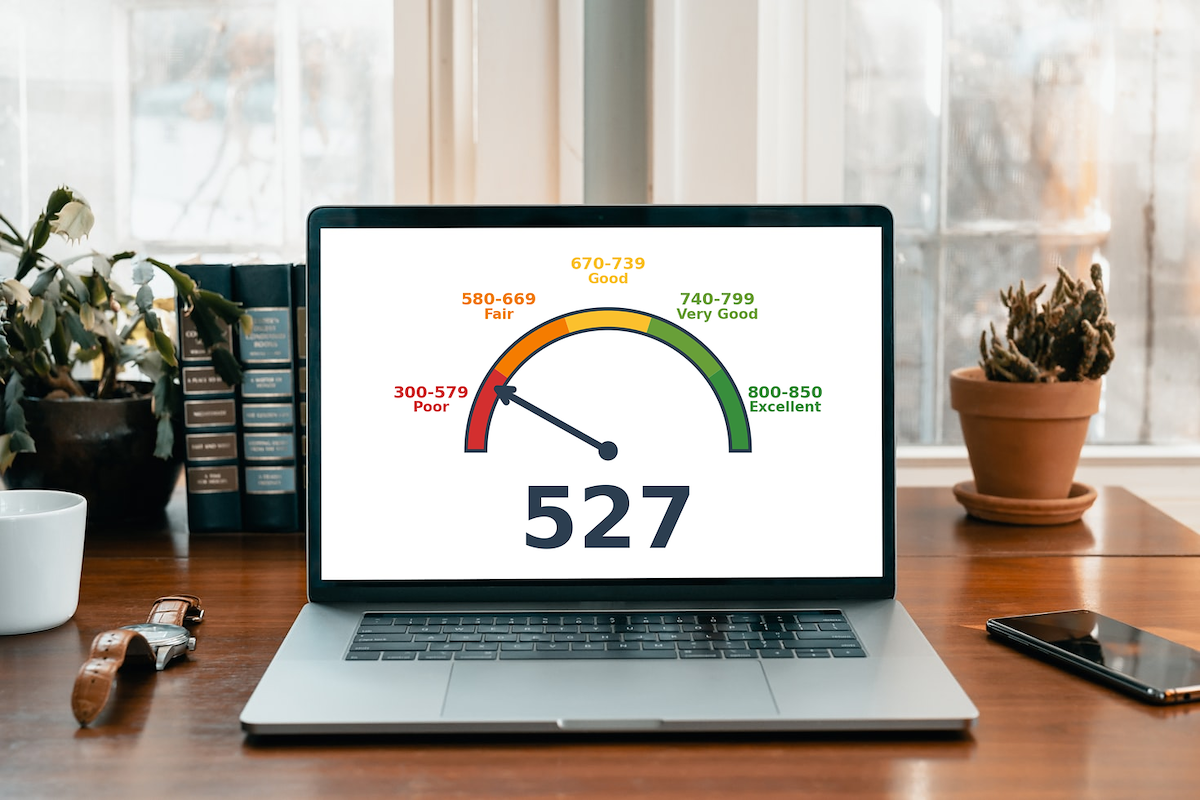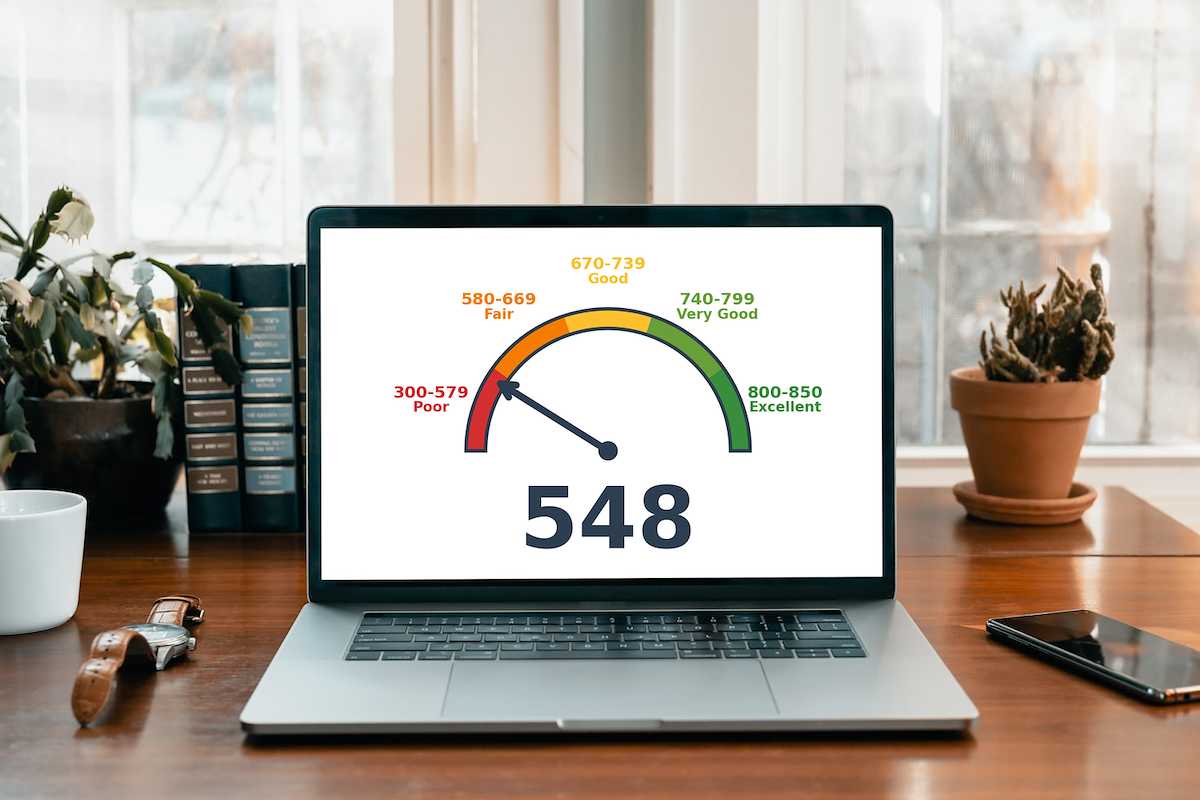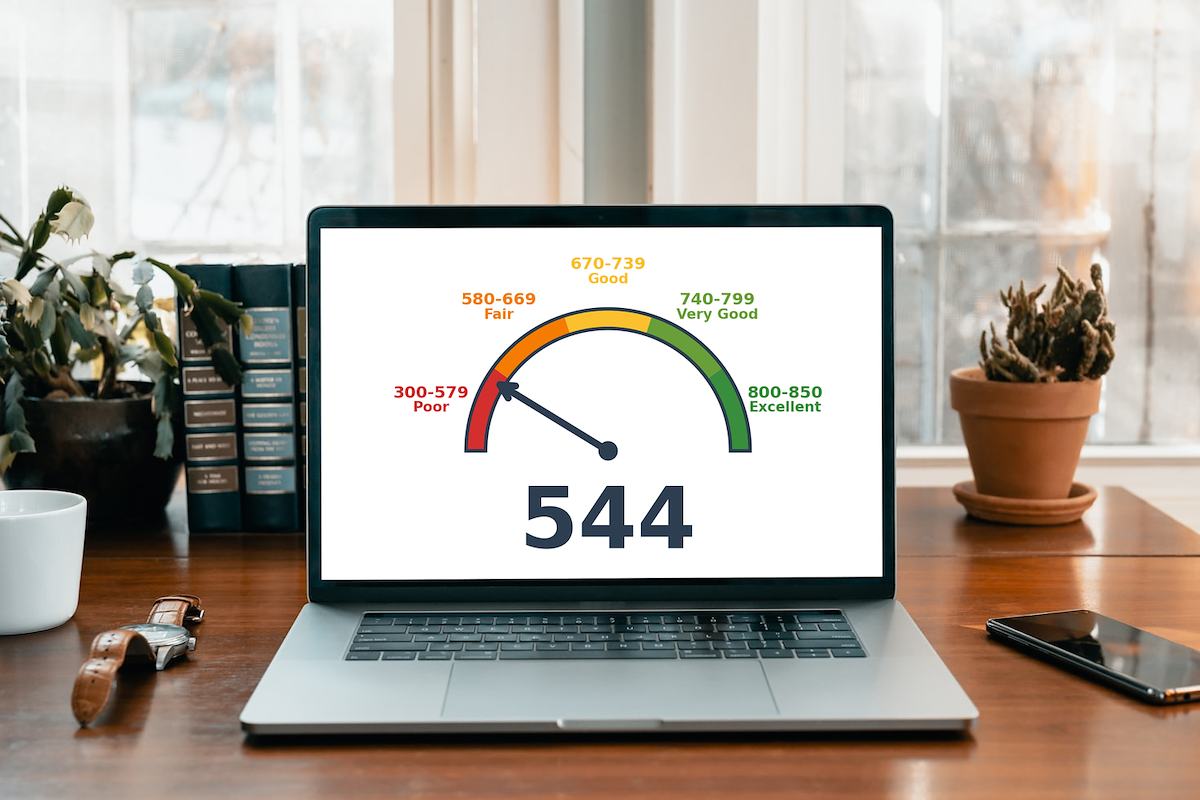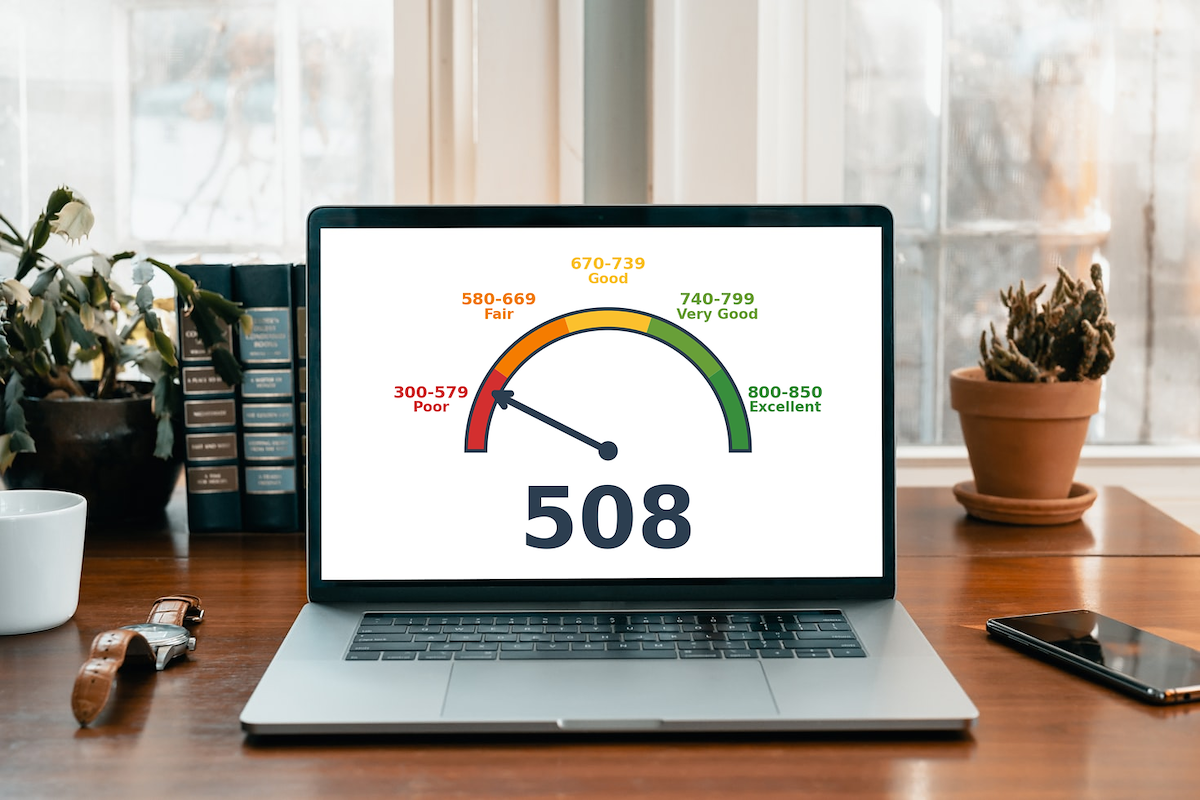
Kudos has partnered with CardRatings and Red Ventures for our coverage of credit card products. Kudos, CardRatings, and Red Ventures may receive a commission from card issuers. Kudos may receive commission from card issuers. Some of the card offers that appear on Kudos are from advertisers and may impact how and where card products appear on the site. Kudos tries to include as many card companies and offers as we are aware of, including offers from issuers that don't pay us, but we may not cover all card companies or all available card offers. You don't have to use our links, but we're grateful when you do!
501 Credit score: What You Need to Know in 2025
July 1, 2025

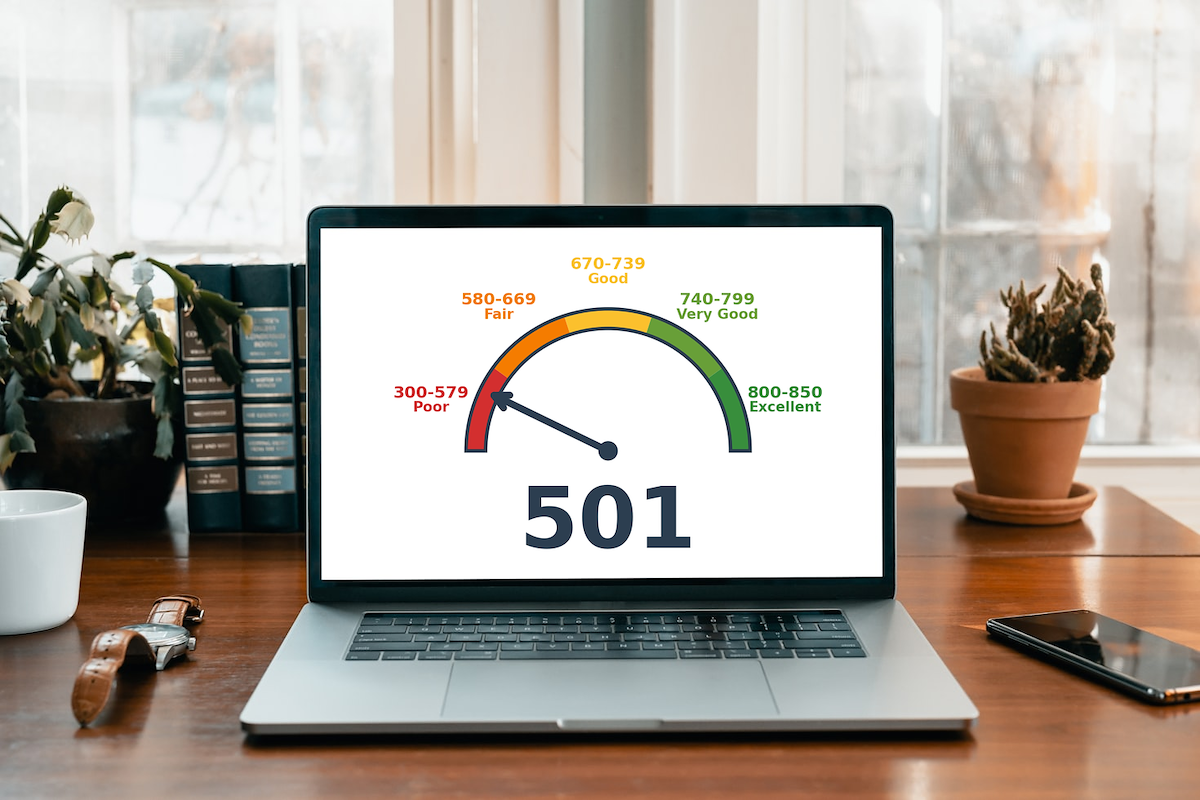
TL;DR
While a 501 credit score provides a solid foundation to build upon, it falls within the "Poor" range of FICO scores. This simply means there's a clear path forward to improving your credit and unlocking better financial products in the future.
What Does a 501 Credit Score Mean?
A 501 credit score places you in the "poor" range of FICO scores, which span from 300 to 850. This score signals to lenders that you may be a high-risk borrower, which can create challenges when applying for new credit. If you are approved for a loan or credit card, you'll likely face less favorable terms, such as higher interest rates that make borrowing more expensive.
While a 501 score presents financial hurdles, it's not a permanent state. Think of it as a clear baseline from which you can measure progress. Understanding where you stand is the first step toward building a stronger financial future. With consistent effort, it is possible to move into higher credit score ranges, unlocking better opportunities down the road.
Who Has a 501 Credit Score?
A 501 credit score is significantly lower than the average for any age demographic. Data from Experian shows a clear trend of credit scores improving with age, but even the youngest adults have an average score well into the 600s. Here is the average FICO score breakdown by generation for 2023:
- Generation Z (ages 18-26): 680
- Millennials (ages 27-42): 690
- Generation X (ages 43-58): 709
- Baby Boomers (ages 59-77): 745
- Silent Generation (ages 78+): 760
Credit Cards With a 501 Credit Score
A 501 credit score falls into the "poor" credit range, which can significantly limit your options when applying for a new credit card. Most mainstream lenders view this score as high-risk, making approvals for unsecured cards with competitive rates and rewards very unlikely. Consequently, you'll likely need to focus on secured credit cards or those specifically designed for building credit, which often require a security deposit and come with less favorable terms.
Kudos can help you find the right credit card for your financial situation with tools like the Dream Wallet, which analyzes your spending, or the Explore Tool, which uses a quiz to match you with suitable options. These tools provide personalized recommendations from a database of nearly 3,000 cards, allowing you to compare options and find the best fit for building credit or maximizing rewards.
Auto Loans and a 501 Credit Score
A 501 credit score places you in the subprime credit tier, which means that while you may get approved for an auto loan, it will come with significant drawbacks. Lenders will likely approve you but at a much higher interest rate, as shown in a recent automotive finance report.
- Super-prime (781-850): 5.25% for new cars and 7.13% for used cars
- Prime (661-780): 6.87% for new cars and 9.36% for used cars
- Non-prime (601-660): 9.83% for new cars and 13.92% for used cars
- Subprime (501-600): 13.18% for new cars and 18.86% for used cars
- Deep subprime (300-500): 15.77% for new cars and 21.55% for used cars
Mortgages at a 501 Credit Score
With a 501 credit score, your mortgage options are extremely limited but not zero. Your most viable path to homeownership is an FHA loan, which has credit score requirements that accommodate scores as low as 500, provided you can make a 10% down payment. Most other major loan types, including conventional, VA, and USDA loans, are generally unavailable, as lenders for those programs typically look for minimum scores between 580 and 640.
Securing a loan with a 501 score means you will face less favorable terms. Expect a significantly higher interest rate and more expensive mortgage insurance premiums on your FHA loan. Lenders will also likely put your application through manual underwriting, which involves a much stricter review of your income, debts, and overall financial stability. They may also cap the amount you can borrow, limiting your home-buying budget.
What's in a Credit Score?
Figuring out what goes into your credit score can feel like trying to solve a complex puzzle, but it generally boils down to a handful of key elements. The most common factors include:
- Your history of making payments on time is the most significant factor.
- How much of your available credit you're currently using, known as your credit utilization ratio, plays a major role.
- The age of your credit accounts, including the average age and the age of your oldest account, is also considered.
- Lenders like to see that you can responsibly manage different types of credit, such as credit cards and loans.
- Opening several new credit accounts in a short period can be seen as a risk and may temporarily lower your score.
How to Improve Your 501 Credit Score
Don't be discouraged by a low credit score; improving it is not only possible but achievable through consistent, positive financial behaviors. There are several proven methods you can use to boost your creditworthiness and build a healthier financial profile.
- Establish automatic bill payments. Since payment history is the single most important factor in your score, automating payments ensures you never miss a due date. This prevents late payments, which are highly damaging, from further lowering your 501 score.
- Reduce your credit utilization ratio. This ratio is the second-biggest influence on your score, so aim to keep your balances below 30% of your total credit limit. Paying down balances shows lenders you can manage debt responsibly, a critical step in rebuilding your credit.
- Apply for a secured credit card. A 501 score can make it difficult to get approved for traditional cards, but a secured card requires a cash deposit, making it more accessible. Your responsible payments are reported to the credit bureaus, allowing you to build a positive payment history from the ground up.
- Monitor your credit reports regularly. Errors and inaccuracies can unfairly drag down your score, and you are entitled to free reports from the major bureaus. By checking them, you can spot and dispute mistakes that might be contributing to your low score.
To help you maximize rewards and make smarter spending decisions on your credit-building journey, the Kudos browser extension can recommend the best card for every purchase.

Supercharge Your Credit Cards
Experience smarter spending with Kudos and unlock more from your credit cards. Earn $20.00 when you sign up for Kudos with "GET20" and make an eligible Kudos Boost purchase.
Editorial Disclosure: Opinions expressed here are those of Kudos alone, not those of any bank, credit card issuer, hotel, airline, or other entity. This content has not been reviewed, approved or otherwise endorsed by any of the entities included within the post.


















